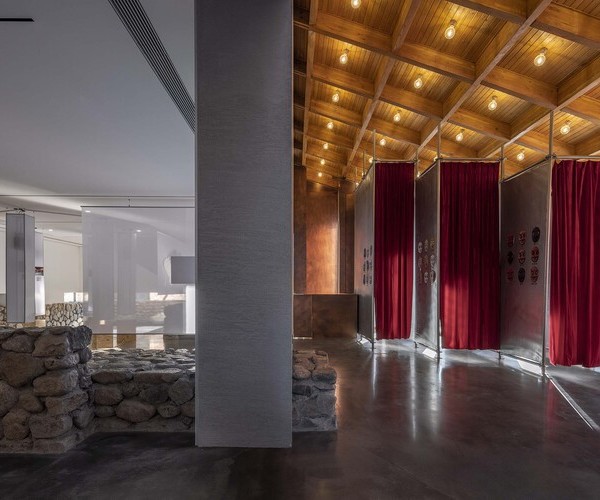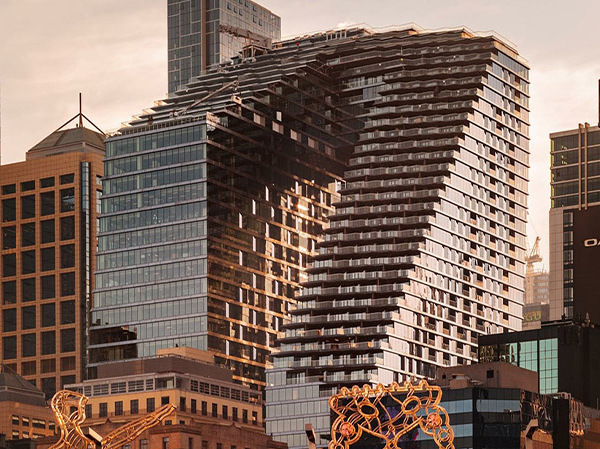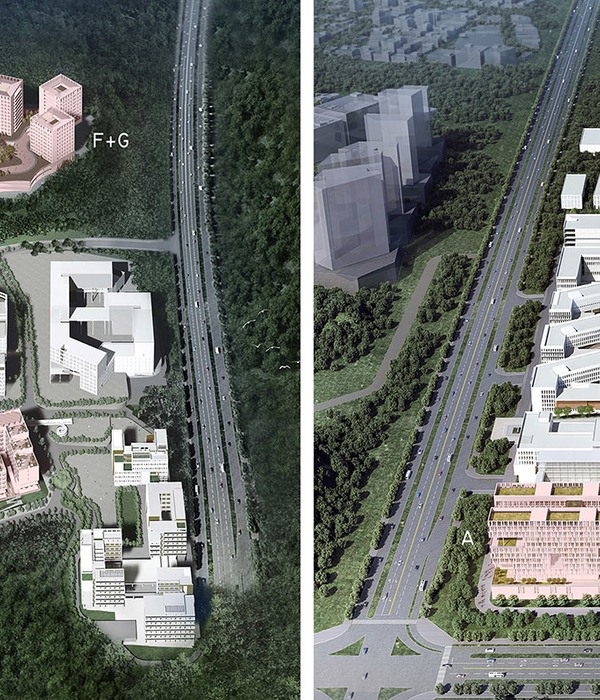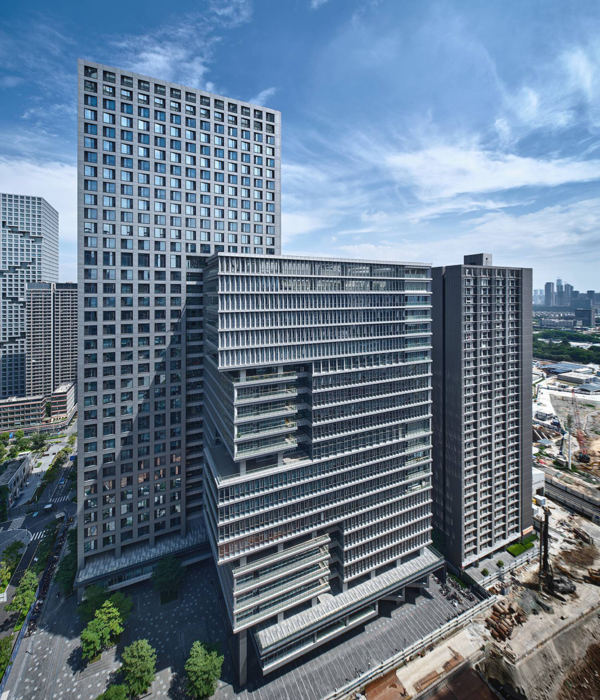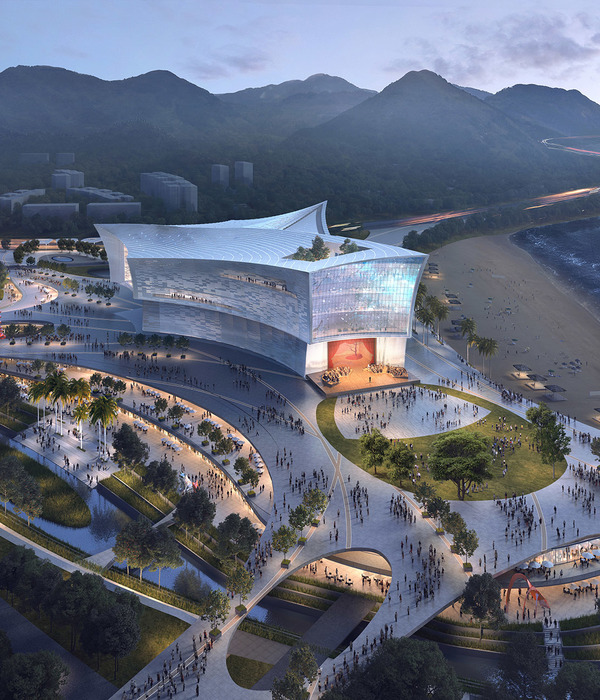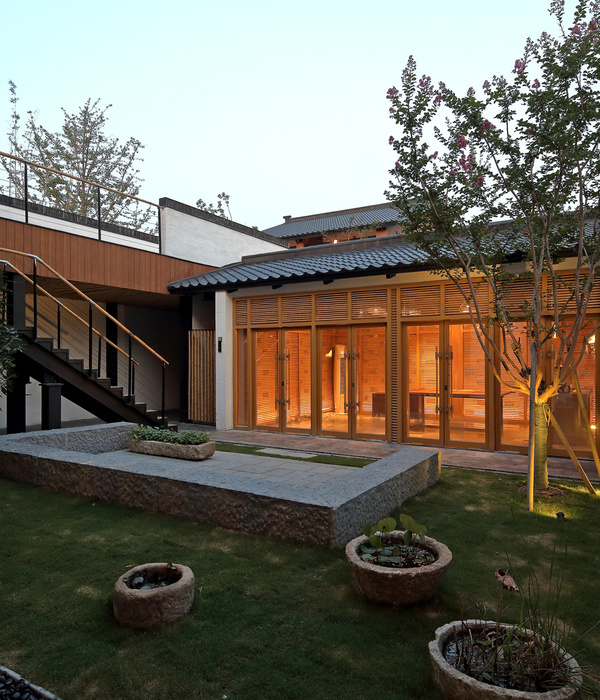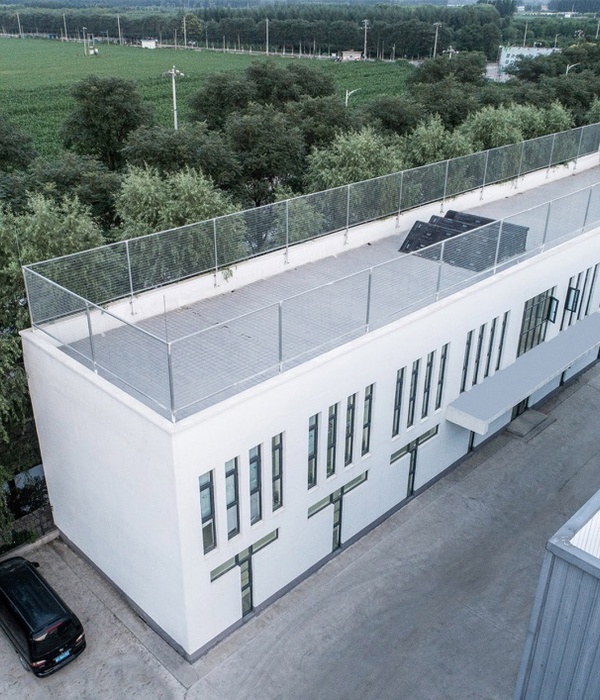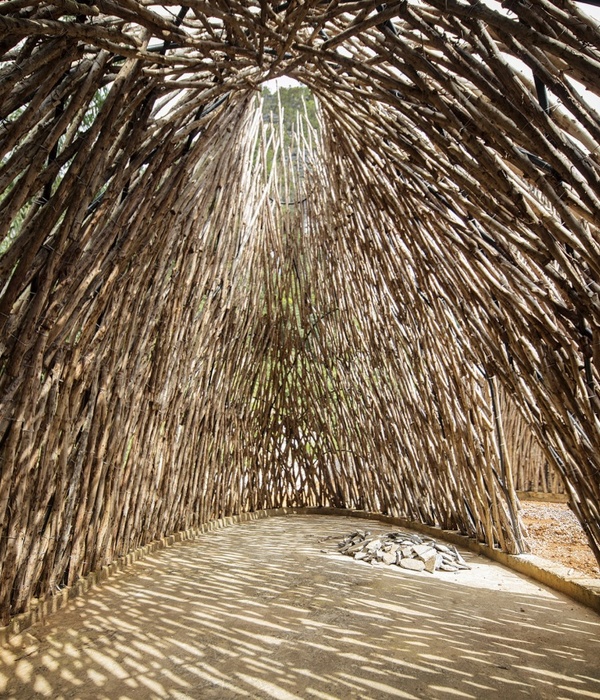BOKA Powell, in partnership with Hixon Properties and Lake Flato Architects, is proud to present The Soto—Texas’ first mass-timber office building. Mass timber is a model for sustainable design and construction that has proven its strength in Europe, Canada, and Australia, and more recently, the United States. This elegant structure anchors the Cavender Neighborhood, an exciting new mixed-use project in the up-and-coming Broadway corridor of San Antonio. The entire development focuses on efficiency, sustainability, flexibility, and innovation. Soto is the Spanish (Castillian) word for a “grove of trees” or “small forest,” especially one near a river, or a place of dappled sunlight and lush greenery.
Soto is a name, a place, and an acknowledgment of this building’s origin. Not only is timber construction beautiful, but it is also exceptionally sustainable. Concrete and steel buildings have large carbon footprints, whereas The Soto’s timber structure is carbon negative. As young-growth trees are harvested for the building’s construction, the carbon dioxide absorbed into the wood is captured.
New trees are then planted, and the cycle of carbon-banking is repeated. This LEED-certified structure is comprised of five stories of DLT (dowel-laminated timber) timber over one story of concrete. Exposed floor and roof decks create a richness found only from natural products and welcoming timber columns, beams, and ceilings bring a calming charm and warmth to the workspace. The result is an environment and aesthetic that is distinctly differentiated from any other office space in the market.
One of the distinguishing features of The Soto is its full-depth brick facade, making it one of the first North American projects to combine mass timber with masonry. Benefits of Mass Timber* • Lower cost: mass timber construction is more cost-effective than alternative forms of construction for mid-and high-rise buildings. • Energy efficiency: building with mass timber is less energy-intensive than building with steel and concrete. • Faster construction: by using prefabricated wood panels, mass timber construction is often faster than building with steel and concrete. • Displaces steel and concrete: by reducing demand for steel and cement, mass timber construction reduces emissions from those hard-to-abate sectors. • Disaster resistance: engineered mass timber products are fire-resistant, and mass timber buildings can handle earthquakes better than traditional high-rise construction. • *SOURCE: American University Institute for Carbon Removal Law and Policy Carbon Removal Fact Sheet on Mass Timber Construction
{{item.text_origin}}

